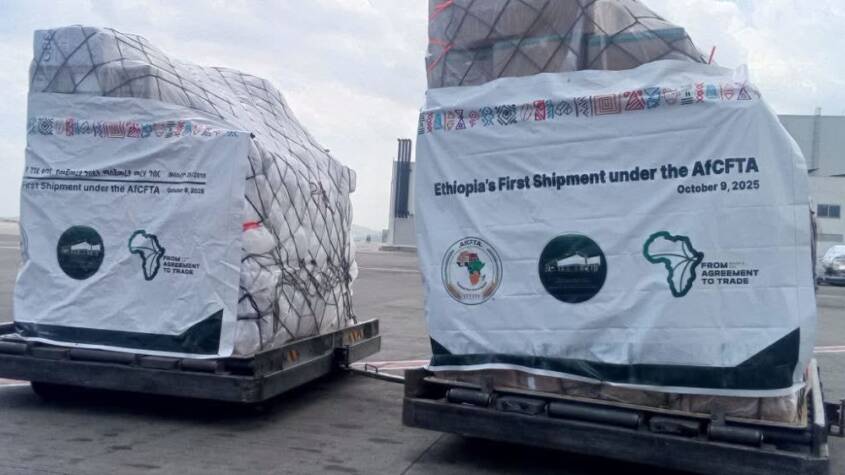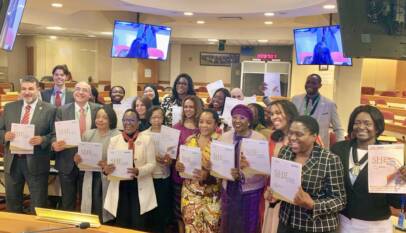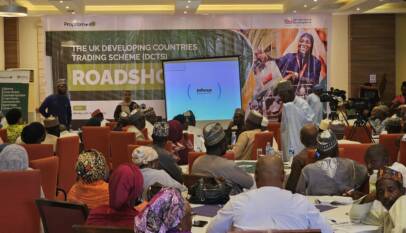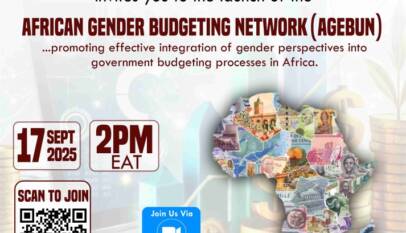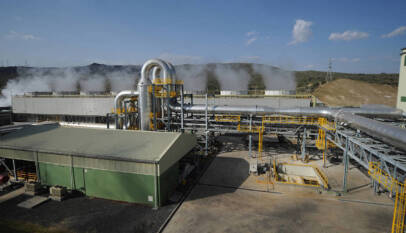OP-ED | As Ethiopia Begins Trading Under AfCFTA, By Solomon Irungu
Ethiopia’s long-anticipated entry into the African Continental Free Trade Area (AfCFTA) marks not only a national milestone but also a continental turning point—advancing Africa’s quest for deeper integration, industrialisation, and inclusive economic growth.
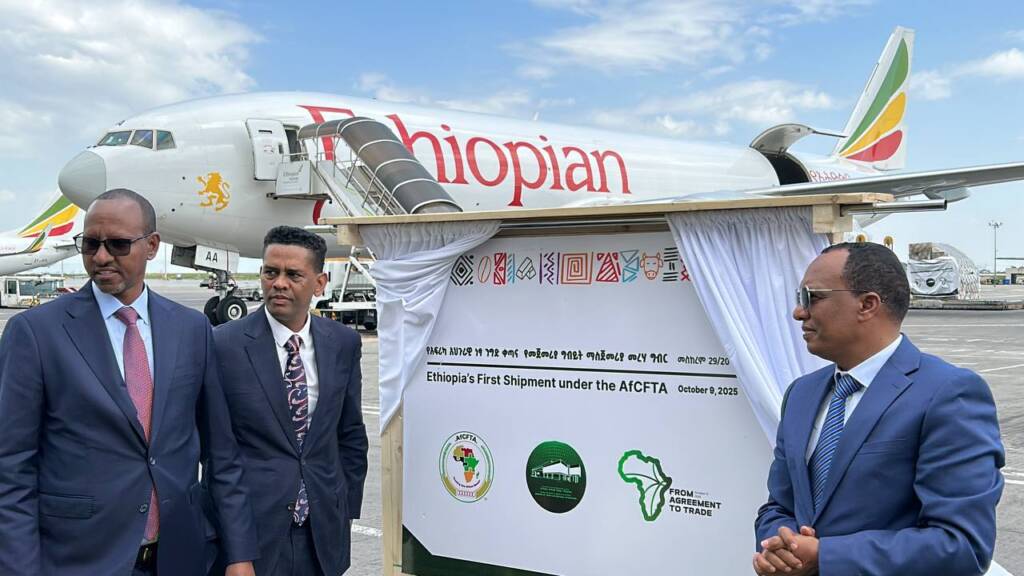
Ethiopia has completed the final procedural steps to commence trading under the African Continental Free Trade Area (AfCFTA), positioning itself to export goods across Africa under reduced or zero-tariff regimes.
The Ministry of Trade and Regional Integration confirmed that Ethiopia has finalised its tariff schedules and secured approval from the Council of Ministers for a list of goods eligible for preferential duty rates. These schedules have now been shared with all AfCFTA member states, paving the way for Ethiopian exporters to access new continental markets under the free trade framework.
The AfCFTA—operational since January 2021—is the largest free trade area in the world by membership, uniting 54 African countries, 48 of which have ratified and integrated it into national legislation. Its primary goal is to eliminate tariffs on 90% of goods, dismantle non-tariff barriers, and significantly boost intra-African trade, which currently accounts for only about 15% of Africa’s total trade.
Ethiopia’s entry comes at a crucial juncture, as the country faces economic headwinds from foreign exchange shortages, inflation, and post-conflict reconstruction demands. The AfCFTA’s single market of 1.4 billion people and combined GDP exceeding $3.4 trillion presents a historic opportunity for Ethiopia to diversify its economy, expand manufacturing, and integrate more deeply into regional value chains.
Experts say the agreement could also accelerate industrialisation by attracting investment into Ethiopia’s industrial parks and logistics hubs. With competitive labour costs and strategic proximity to global shipping routes via Djibouti, Ethiopia is well-positioned to emerge as an East African production and trade hub.
Ethiopia’s AfCFTA trading portfolio will focus on high-potential export products that already enjoy established regional and global demand. Coffee, the nation’s flagship export, retains strong appeal, while sesame and other oilseeds remain top foreign exchange earners. Processed agricultural goods, textiles, and leather products are also expected to feature prominently in early shipments.
However, trade logistics remain a key concern. Persistent freight costs, congestion at the Port of Djibouti, limited warehousing, and lengthy customs procedures could undermine the benefits of tariff reductions. Infrastructure upgrades—especially the expansion of the Ethio-Djibouti railway and improvements to industrial park connectivity—will be critical to maintaining competitiveness.
Ethiopia’s participation adds new momentum to AfCFTA implementation in East Africa, joining Kenya, Rwanda, and Uganda in active trading. To date, 22 countries have submitted and operationalised their tariff schedules, enabling reciprocal trade. Analysts expect Ethiopia’s initial exports to target neighbouring markets with established corridors before expanding into West and Southern Africa.
For Ethiopia to fully benefit, complementary reforms are essential—streamlined customs systems, harmonised product standards, expanded access to trade finance for SMEs, and modernised logistics infrastructure. Without these, inefficiencies could blunt the potential impact of the AfCFTA.
Trading under the AfCFTA officially began this week, marking a historic milestone in Ethiopia’s economic journey. The move will be closely watched by regional investors, policymakers, and development finance institutions as a test case for how national readiness translates into continental competitiveness.
If effectively managed, Ethiopia’s entry into the AfCFTA could catalyse economic diversification, job creation, and inclusive growth. In a continent striving to strengthen its internal markets, Ethiopia’s participation signals not just a new trading chapter, but a shared commitment to building Africa’s collective prosperity through integration and innovation.
About the Author:
Solomon Irungu is the Managing Editor of Africa Sustainability Matters. This Op-Ed article was originally published on Africa Sustainability Matters; the views expressed in it are those of the author and do not necessarily reflect African Newspage’s editorial policy.

